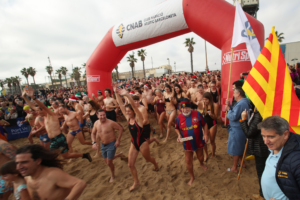
CNAB’s first swim of the year celebrates Silver Jubilee
The Christmas holidays are approaching and there are many things
the music floods the streets from the radio sets that through the balconies and windows is felt mixed with the noise of the neighbours, the laughter and the screams of children -and not so children- that crowd the streets of Barceloneta.
We are wearing new shoes, some of us are wearing new jackets, so our mothers have warned us not to go to the beach to play.
Every Sunday, the family decides to get together for a vermouth in one of the many bars that line the Paseo Nacional. This is an obligatory festive ritual although many are accustomed to taking the walk after mass, -this is not my case-. The family, before sitting on a terrace, decides to take a stroll along the “Platjeta”. It is called so because of the wide stone ramp used to beach small fishing boats.
As always, it is very crowded on weekends.
There are the rederos, who patch the nets by sewing up the tears in the meshes, taking advantage of the fact that the boats do not go out to fish because it is a holiday. They also take the opportunity to paint and caulk the hull and do any necessary maintenance repairs. The activity in the fishing port is feverish. The “menders” are mostly women from the neighbourhood, but also the men. Almost all the fishing people live in Barceloneta, which is why a visit to the “fishing dock” is a must every holiday.
There is a multitude of visitors from Barcelona who have come down to the port to get to know an unexplored territory. There is also an abundance of anglers sitting on the granite edges with their small stools waiting anxiously for their rods to bend with force and to collect a piece that will be the trophy that will justify the long hours of waiting to hit the reel. Other regulars at the “Clock Pier” are the marine painters -watercolor or oil painters-, who capture the attention of the curious with their art, forming circles of public around them, causing the artists in question to compete with their companions for the affluence of admirers of their art.
The pier is an extension of the neighborhood, as is the Escullera. With the Golondrinas, the cane fishermen, the crab fishermen, its two restaurants -Porta Coeli and Rocamar- and the rocks, where families usually snack on the classic potato omelette and a glass of wine and soda.
We also have picnic areas and bathrooms on the beach. La Barceloneta is small in surface but rich in content.
Expropriated today in the name of progress … what is left? Restricted access to the fishing dock, without visitors, without cane fishermen and painters, with only a couple of “menders” that more than cover the breakage of the nets of the few fishing boats that survive in a sector that is described as primary, and whose days are numbered. At present, of the more than 200 boats, only about twenty are left.
On holidays the fishing dock is a cemetery; worse, if possible, because in the cemetery there are souls and in the dock there are none left.
There is a remodeling project, by the all powerful “Port Autònom”. A millionaire investment to improve the facilities, despite the fact that the shipowners have been underestimated for the elaboration of the project, distrustful of how this money will be distributed.
It is known that a new box will be built, which comes late, and that will have more of a tourist than professional use, leaving the fishing sector as one more ornament of this area that will become of services for the restoration despite the fact that the senior captain defends tooth and nail a project of continuity for fishing in an attempt to save the sector. But like most projects, it is a dream, and dreams stay dreams.
You may also be interested in

The Christmas holidays are approaching and there are many things

What is a cold? A cold is a viral illness

El Hospital del Mar y la Fundación Affinity ponen en
More articles
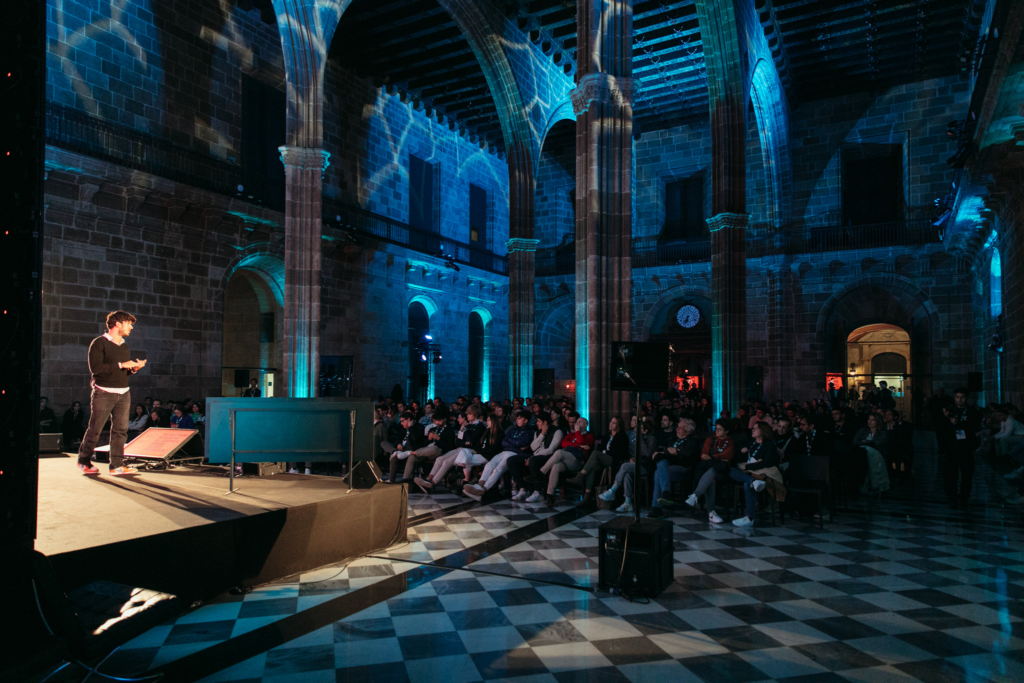
The 4th edition of the benchmark event for the technology community took place on 12
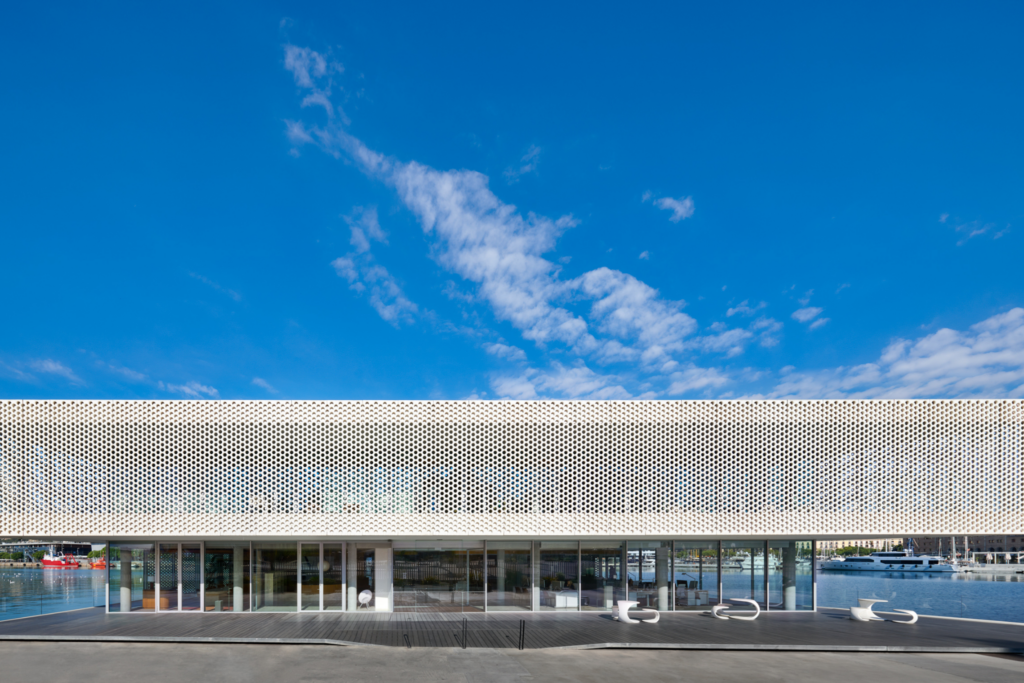
Celebrating Christmas is one of Marina Puerto Viejo’s most cherished traditions. And this year, as
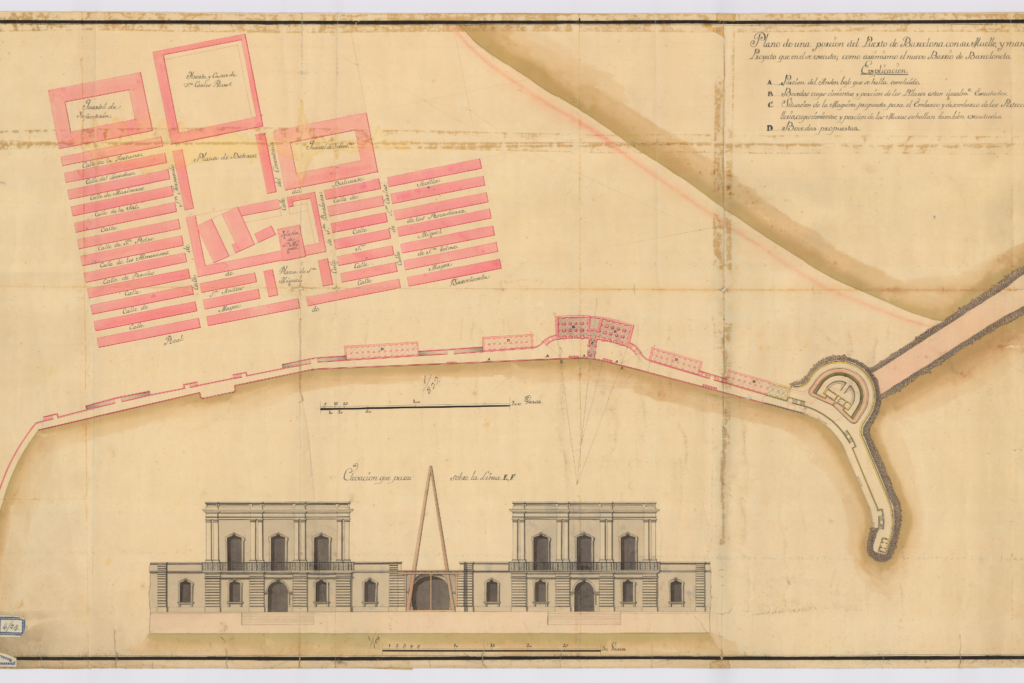
Next to a rubbish bin I’m going to find a very old Gladiator suitcase and
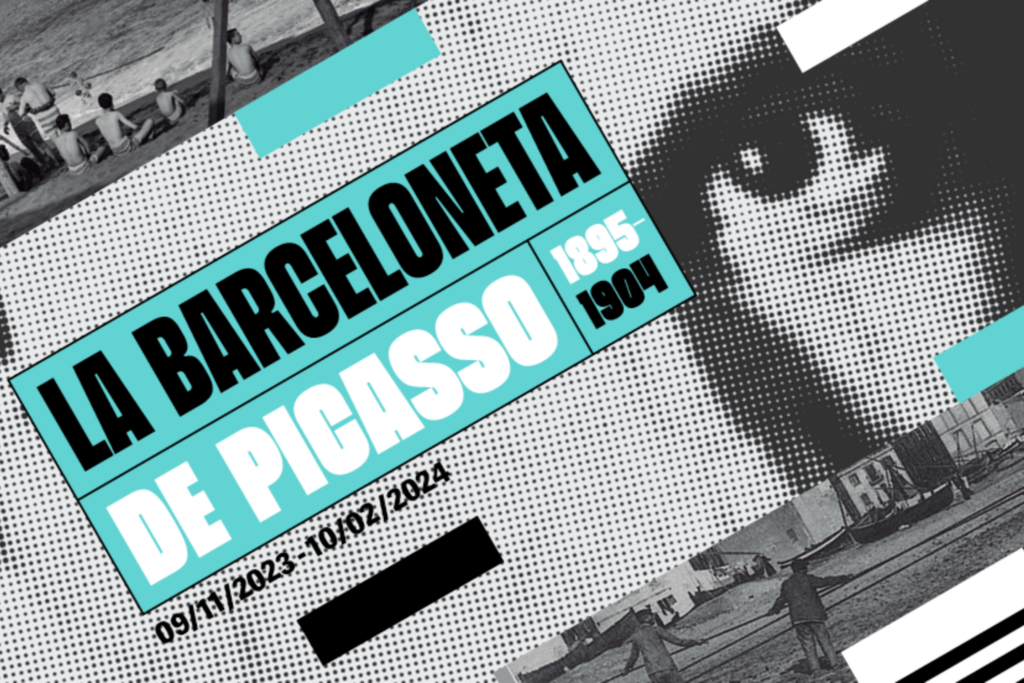
From 9 November to 10 February 2024. On the occasion of the celebration of the
| Cookie | Duration | Description |
|---|---|---|
| _ga | 2 years | The _ga cookie, installed by Google Analytics, calculates visitor, session and campaign data and also keeps track of site usage for the site's analytics report. The cookie stores information anonymously and assigns a randomly generated number to recognize unique visitors. |
| _ga_2DMP7XMBDL | 2 years | This cookie is installed by Google Analytics. |
| Cookie | Duration | Description |
|---|---|---|
| pll_language | 1 year | The pll _language cookie is used by Polylang to remember the language selected by the user when returning to the website, and also to get the language information when not available in another way. |
| Cookie | Duration | Description |
|---|---|---|
| cookielawinfo-checkbox-advertisement | 1 year | Set by the GDPR Cookie Consent plugin, this cookie is used to record the user consent for the cookies in the "Advertisement" category . |
| cookielawinfo-checkbox-analytics | 1 year | Set by the GDPR Cookie Consent plugin, this cookie is used to record the user consent for the cookies in the "Analytics" category . |
| cookielawinfo-checkbox-functional | 1 year | The cookie is set by the GDPR Cookie Consent plugin to record the user consent for the cookies in the category "Functional". |
| cookielawinfo-checkbox-necessary | 1 year | Set by the GDPR Cookie Consent plugin, this cookie is used to record the user consent for the cookies in the "Necessary" category . |
| cookielawinfo-checkbox-others | 1 year | Set by the GDPR Cookie Consent plugin, this cookie is used to store the user consent for cookies in the category "Others". |
| cookielawinfo-checkbox-performance | 1 year | Set by the GDPR Cookie Consent plugin, this cookie is used to store the user consent for cookies in the category "Performance". |
| CookieLawInfoConsent | 1 year | Records the default button state of the corresponding category & the status of CCPA. It works only in coordination with the primary cookie. |
| elementor | never | This cookie is used by the website's WordPress theme. It allows the website owner to implement or change the website's content in real-time. |